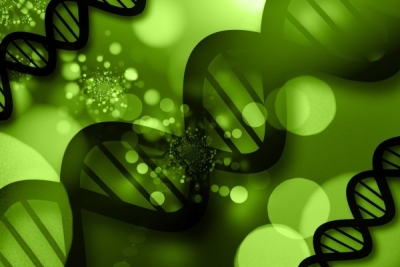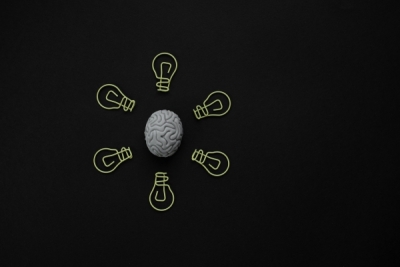Research showing the influence of the microbiota, that is, the colony of bacteria that inhabits the human intestine, on physical and mental health is increasingly abundant. The microbiota refers to the set of microorganisms present in a certain part of the body, in this case, the intestine, and the microbiome refers to the genes that constitute the genome of these microorganisms.
Recently, The Lancet Discovery Science – eBiomedicine published a study on how the microbiome-gut-brain axis could be involved in the regulation of social cognition, that is, how people process information about themselves and others, and the alcohol compulsion in young heavy drinkers (1).
The study was carried out with 71 Irish young people (34 men; 37 women), aged between 18 and 25 years and one; one of the selection criteria for this study was that the young person had gone through at least one episode of binge drinking in the last 30 days before the research. Study participants underwent a clinical interview and then underwent a second visit in which a neuropsychological assessment was performed and biological samples such as saliva, hair, blood and feces were collected. Finally, these participants were followed up for 3 months, in which they were able to report their use and desire for alcohol, which were measured at the beginning and end of the study.
The results of the research showed a possible "signature" of the intestinal microbiome of these young alcohol abusers, characterizing potential initial biological markers of desire/compulsion in the microbiome, in addition to identifying changes in inflammatory markers as one of the potential mediators in the communication of the gut-brain axis. The authors also highlighted possible links between emotional processing and the gut microbiome, which is currently being increasingly studied in the scientific literature. Finally, they reinforced the importance of these findings to determine early biomarkers of alcohol abuse before an addiction develops.
The medical scientific literature has highlighted, in recent years, the importance of studying the microbiome-gut-brain axis in an attempt to elucidate interventions based on microorganisms and therapeutic strategies for neuropsychiatric disorders, since the importance of the gut-brain axis in maintaining of body homeostasis has been known for a long time (2). In addition, studies have shown changes in the intestinal microbiome that may be related to alcohol use disorders (3-5). And, although these studies are promising, it is still early to infer that there is a direct relationship between alcohol consumption and the gut-brain axis.
The study highlighted here, for example, refers to an observational study, that is, further studies are still needed to trace the causal relationships in order to clarify and unravel the neurobiological foundations behind these associations. The study does not include a metabolomics analysis (study that aims to identify and quantify metabolites) of blood, for example. In addition, study participants represented a young alcohol-drinking population; the use of other substances or psychopathologies were exclusion criteria, which leads to a sample selection bias. Still talking about the participants, they were instructed to refrain from drinking more than two drinks two days before the second visit, but tests were not performed to confirm this adherence, which could also limit this research. Finally, the study does not include the youngest age group (adolescents), which would be of interest for future studies.
Changes in the microbiome-gut-brain axis constitute a promising subject for understanding the mechanisms that lead to alcohol abuse. However, more studies are needed to consolidate this possible association, as it is a line of research that can contribute to unravel the risk of developing future psychopathology, especially during adolescence.











